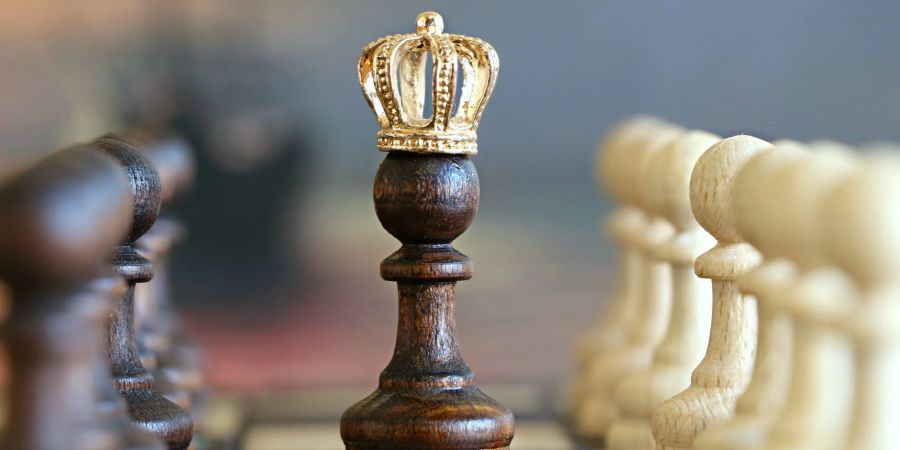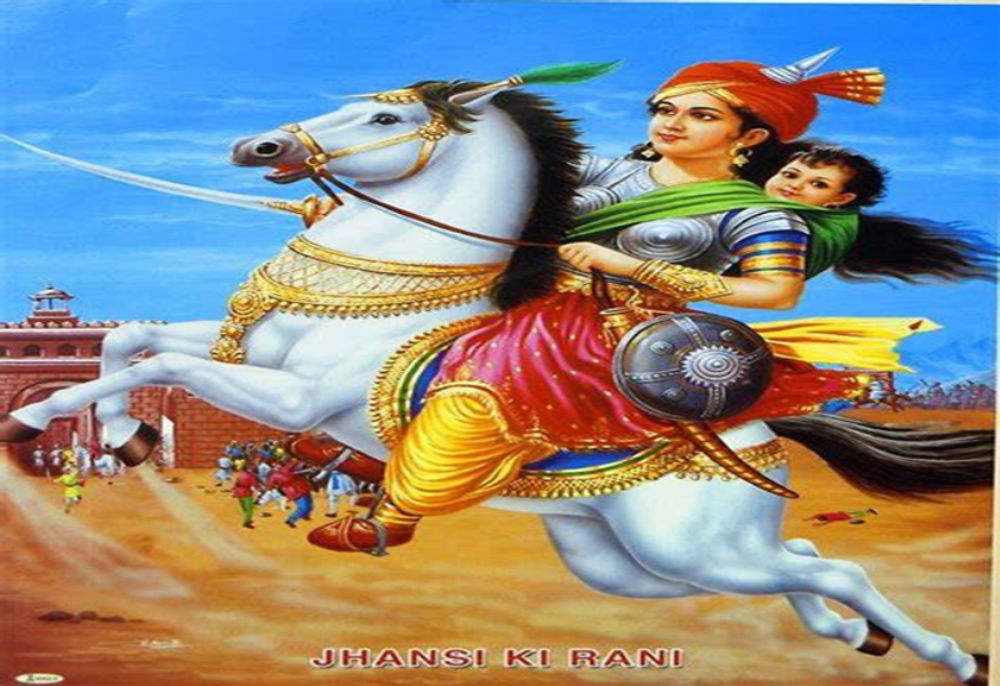

 Rani of Jhansi was born on 19 November 1828 to Melariabandar and Bhagirathibai in a Marathi Brahmin family of Kashi in the state of Uttar Pradesh, India. Her parents gave her the name Manikarnika. His family affectionately called him "Manu". Parents – Melariabandar, Bhagirathibai Birthplace – Kashi, Uttar Pradesh.
Rani of Jhansi was born on 19 November 1828 to Melariabandar and Bhagirathibai in a Marathi Brahmin family of Kashi in the state of Uttar Pradesh, India. Her parents gave her the name Manikarnika. His family affectionately called him "Manu". Parents – Melariabandar, Bhagirathibai Birthplace – Kashi, Uttar Pradesh.
Her mother Bhagirathi Bai died when she was 4 years old so she grew up in the embrace of her father. From an early age he learned martial arts like swordsmanship and horse riding with a desire to fight. He also learned all the exercises methodically as he was naturally full of fighting spirit. - In 1842, King Gangadhara Rao Nevalkar, who was ruling Jhansi at that time, married his daughter Manikarnika to the Jhansi Rani's father in order to marry her. A baby boy was born to them. His name was Damodar Rao but the child died four months after birth. After that they adopted a child and raised him as Damodar Rao.
When Manikarnika married the King of Jhansi she got the special title of “Lakshumibai”. And she was enthroned as the queen of Jhansi. Since then her original name Manikarnika disappeared and became "Jhansi Rani Lakshmibai". The death of his son caused great grief to the king. As a result, in 1853, the king also suffered from ill health and died.
When the king died the British asked the Jhansi queen to leave the fort. But Rani Jhansi said why should I leave the fort when my son is there. He appealed to them that he is the king of this Jhansi and therefore I cannot leave the fort. But for that, the British Damodar Rao is your adopted son. By law only the heir to the throne is accepted as the king. They asked him to leave the fort and gave him a pension of 60000 rupees saying that his adopted son could not become the king. Then the queen of Jhansi left the fort and stayed in the Rani Mahal there.
The Indian Rebellion of 1857 was primarily due to the use of cow and pig fat in the ammunition used by the soldiers. Following this, everyone protested against the British. At that time they did not think much about the Queen of Jhansi. From the moment they asked him to leave the fort, he had the idea of waging war on the British. Thus he sought out his supporters. He was preparing for war by increasing his army strength.
Later in 1958, Rani of Jhansi invaded Gwalior with her son Damodara Rao and her support forces and defeated the King of Gwalior and took control of Gwalior. In that battle, the soldiers of Jhansi Rani were afraid to approach her after seeing the speed with which she threw her sword. The King of Gwalior was amazed at how skillfully a woman could throw a sword. In the end, he killed the King of Gwalior in a battle and took control of Gwalior.
Then the British army marched towards Gwalior with their huge force to capture Gwalior. At that time, he portrayed the role of a man in that battle and continued to fight and fight. But he could not fight against them who had a large armed force and was attacked by the enemy's army and died a heroic death. The Queen of Jhansi died on June 18, 1858. They fought and captured Gwalior without knowing that it was the Queen of Jhansi that they had killed. Later the body of Jhansi Rani was cremated near Gwalior.
Even after a century and a half of Rani of Jhansi passed away, her bravery is still talked about among the people of India. Especially in the history section of the school book, the lesson on Jansirani is being included. And his statue has been erected all over India. Veeramangai Jhansi Rani who left Veera.
